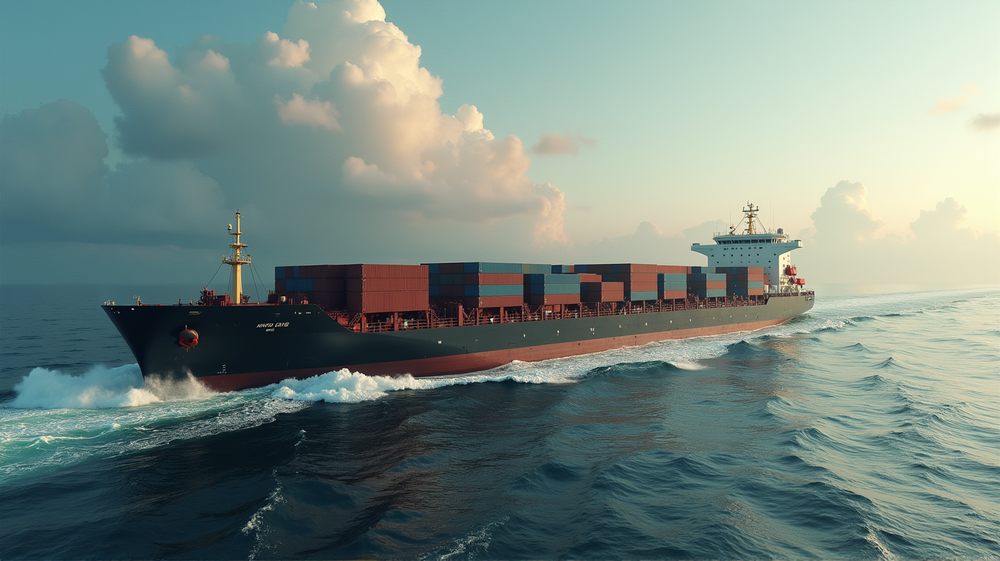A Barge's Tale: Tracing the Currents of Globalization
The journey of one barge turns into the lens through which we can see decades of global economic shifts, as Ian Kumekawa’s new book, “Empty Vessel: The Global Economy in One Barge,” intricately depicts. Through the evolution of this extraordinary vessel, Kumekawa uncovers the complexities of globalization, delving deep into the transient nature of economic activities often termed as “the offshore.”
When a Barge Becomes More than a Vessel
Constructed in 1979 in Sweden, this unique vessel first served during the Falkland Islands War. Over the decades, it morphed from accommodating British troops, housing auto workers in Germany, to serving as detention centers in New York and England, and finally, housing oil workers in Nigeria. According to MIT News, its diverse applications are a testament to the transient and oft-marginalized world of offshore economic activities.
The Offshore: A Quick Fix or Long-term Solution?
Kumekawa approaches the “offshore” not as mere technical jargon but as a pivotal feature of modern economies. He argues that the vessel’s history represents “quick solutions to crises,” which eventually become habitual expectations. His book explores how global economic policies favor fleeting engagements rather than sustainable solutions, shaped profoundly by deregulation trends that emerged post 1970s oil crises.
The Barge as a Microcosm of Global Interactions
The barge is not merely a plot device; it is an active witness and participant in major currents of globalization. From its inception, it involved bracing play over the seas with fluctuating regulations, contracts, and flags—from Norway to Panama, and beyond—epitomizing how globalization favors the impermanent over the durable. “It’s always on the move,” Kumekawa states, highlighting the impermanence shaping today’s economic activities.
Shifts in State Power
An interesting proposition Kumekawa brings forth is not the erosion but the adaptation of state power amid rising globalization. Through the barge’s story, the book investigates how states wield offshore tools to circumvent domestic hurdles, and the often-unanswered questions of whom these policies ultimately benefit.
Materializing Abstract Global Forces
In “Empty Vessel,” the historian artfully balances abstraction with concreteness, exploring how this single vessel materializes the larger, often invisible machinery of the global economy. Ships like this barge demonstrate real-world narratives that demystify abstract concepts, bringing global economics back to tangible terms.
Conclusion: A Journey from Books to the Real World
Inspired by historical examinations and dialogue with those who encountered the vessel, Kumekawa’s exploration yields a narrative that not only captures the dynamic processes of globalization but also reminds readers about the integral relationship between economy and material culture. Thus, the barge becomes a living testament, encapsulating the relentless flow of global forces.
In “Empty Vessel,” Kumekawa provides us with a compelling story, one where the humble beginnings of a barge narrate the ongoing, ever-evolving saga of the global economy.




